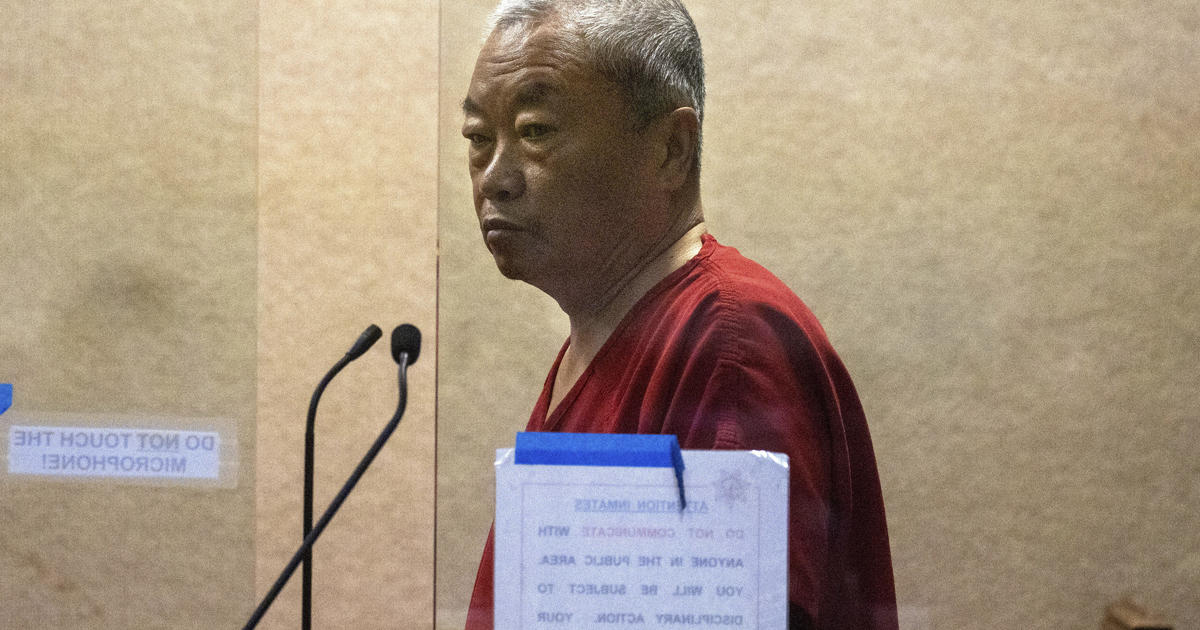Turkey's COVID vaccination plan depends entirely on a Chinese vaccine with mixed trial results
Istanbul — Turkey launched its mass-vaccination program against the coronavirus disease with the goal of first inoculating 1 million health workers. The program is relying entirely on the country's purchase of 50 million doses of a vaccine developed by the Chinese pharmaceutical company Sinovac.
The success of Turkey's inoculation program could be a major international win for China's efforts at vaccine-based diplomacy, but initial optimism has been overshadowed by concerns over the vaccine's efficacy. Three Phase 3 human trials in three different countries yielded wildly different results, with one putting the efficacy of the jab at just 50.4% — barely above the threshold set by the World Health Organization as acceptable for vaccines.
Sinovac has never released Phase 3 trial data for independent peer review, and it has been criticized by experts for a lack of transparency.
But for Dr. Defne Ozkan at Istanbul's Cerrahpasa hospital, the shot couldn't come soon enough. She told CBS News she "absolutely" feels safer doing her work having had the vaccine.
"I had the disease, unfortunately, and it was a very bad period. I could not work, I could not go out and talk to anyone face to face, but now I feel more comfortable," the doctor said.
Hospitals like the one Ozkan works at are bearing the brunt of the pandemic in Turkey. More than 300 health workers have lost their lives in the race to save others from the virus. Those figures drove the government's decision to put them at the front of the line for vaccination.
So far about 1.4 million people have had a shot of Sinovac's "CoronaVac" vaccine.
A trial on the vaccine in Indonesia found that it was 65% effective at preventing infection. A Turkish trial was the most optimistic, suggesting the Chinese formula had among the highest efficacies of all the vaccines developed around the world, at 91%, based on early results.
But the trial in Brazil put the efficacy rate at only 50.4%, just over the 50% threshold considered the bare minimum by the WHO.
Sinovac has defended its vaccine and said the efficacy rate in the Brazilian trial was low because it was conducted on health workers rather than the general population.
Dr. Ricardo Palacios ran the trial conducted by Brazil's Butantan Institute, and he also dismisses skepticism over the Sinovac vaccine.
"Absolutely, we are getting flu shots with lower efficacy rates every year," he told CBS News. "This is not a problem because those results as well as this kind of vaccine are getting the same results… decreasing the intensity of the disease."
Still, polling suggests that about half of Turkey's population doesn't trust the Chinese vaccine, but the Turkish government is offering no alternatives.
Sinovac has said it expects to be able to produce about 300 million doses of its vaccine per year, and it's aiming to help fill the gap in availability of vaccines in the developing world.
Few Western nations have placed orders for the Sinovac vaccine, but in addition to Turkey, Brazil and Chile have made deals for doses, along with Singapore, Malaysia the Philippines and Indonesia.



